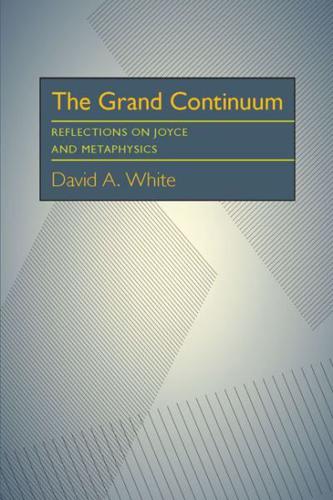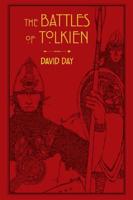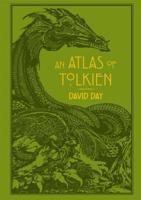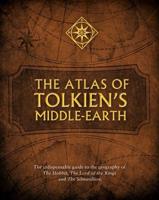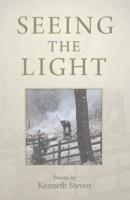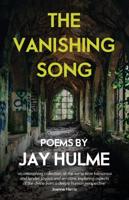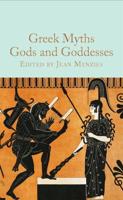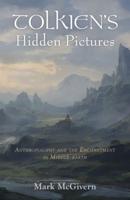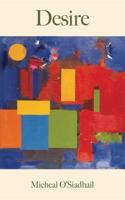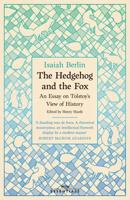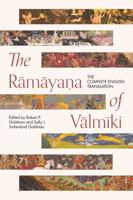Publisher's Synopsis
The assumptions that literary criticism and philosophy are closely linked-and that both disciplines can learn much from each other-lead David White to examine key passages in James Joyce's novels both as a philosopher and as literary critic. In so doing, he develops a thesis that Joyce's attempt to capture the mysterious process whereby perception and consciousness are translated into language entails a fundamental challenge to everyday notions of reality. Joyce's stylistic brilliance and virtuosity, his destruction of normal syntax and meaning, "shock one into a new reality." In the book's final section, White examines the subtle relation between literary language and human consciousness and traces parallels between Joyce's stylistic experimentation and Wittgenstein's and Husserl's ideas about language.
